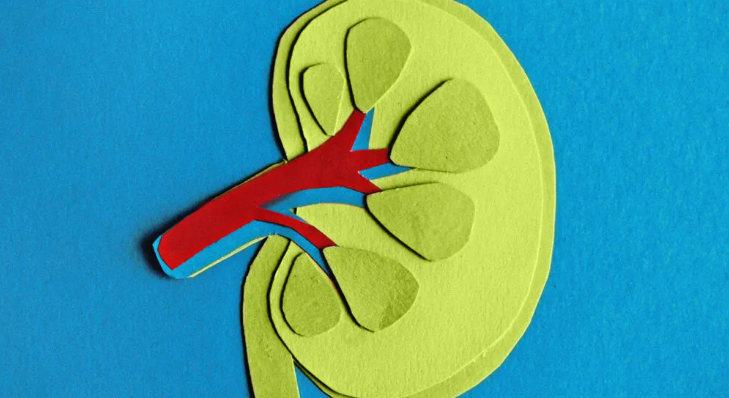9 Main Treatments for Kidney Disease
While there is no "cure" for kidney disease, that doesn't mean you can't do anything about it. There are treatments for managing underlying conditions—conditions that may worsen the disease—as well as treatments to slow the progression of the condition. That's why, if you've been diagnosed with kidney disease, you should see a kidney doctor, also known as a nephrologist, to ensure you're getting the best care possible.
Let’s look at some of the main treatments for kidney disease.
1. Blood pressure meds
High blood pressure affects anywhere from 85 percent to 95 percent of people with chronic kidney disease. It's critical to keep your blood pressure under control because damaged blood vessels in your kidneys prevent them from working properly. There are two types of most commonly used medications. Angiotensin-converting enzyme (ACE) inhibitors or angiotensin receptor blockers are what these are called (ARB).
A diuretic or water pill may also be prescribed by your doctor. This will not only help lower blood pressure but will also help reduce swelling caused by the disease.
2. Diabetes meds
If you have type 2 diabetes, it is also critical that you control it. Poorly managed diabetescan damage the blood vessels in your kidneys, worsening CKD. You must take all the medications prescribed by your doctor. It may take more than one medication to control your diabetes.
3. Cholesterol-lowering meds
Chronic kidney disease patients frequently have high levels of bad cholesterol, which increases the risk of heart disease. Statins, for example, can help lower your cholesterol.
4. Medications to treat anemia
Anemia is a common side effect of chronic kidney disease. If you are over the age of 60 or have type 2 diabetes, you are more likely to develop it. Your doctor may prescribe an erythropoiesis-stimulating agent (ESA), which signals your bone marrow to produce more red blood cells.
5. Phosphate binders
When you have chronic kidney disease, your body retains phosphate, a mineral that helps keep your bones healthy but can be harmful in high concentrations. This is typically treated with a phosphate binder, a medication that prevents phosphate from being absorbed by your digestive tract.
6. Potassium binders
Some people with CKD develop hyperkalemia, which can interfere with normal cell function. A binder medication aids your body in eliminating excess potassium in your BMs. Your doctor may also prescribe a diuretic to help your body eliminate excess potassium through pee. Fruits low in potassium, such as apples, cherries, peaches, plums, pears, and grapes, should also be avoided.
7. Dietary changes
Your diet is crucial in the treatment of chronic kidney disease. The most important thing you can do to lower your blood pressure is to limit your salt intake. If you have kidney disease, it is critical that you adhere to the NKF recommendation and consume less than 2,300 milligrams per day. People with advanced kidney disease may need to go even lower.
8. Dialysis
Dialysis is used by approximately 70% of people with ESRD. There are two types: hemodialysis, in which your blood is filtered outside your body, and peritoneal dialysis, in which a solution flows from a bag through a catheter inserted into your belly to absorb waste and excess fluid.
9. Kidney transplant
Almost one-third of people with ESRD require a kidney transplant. There is no doubt that a transplant improves your quality of life, but it is usually considered an option for younger patients because older patients may have other health complications such as dementia or cancer that make transplantation more difficult. There is also a national kidney shortage, so you will have to wait and go on dialysis until a kidney becomes available, which could take years.

Post a comment